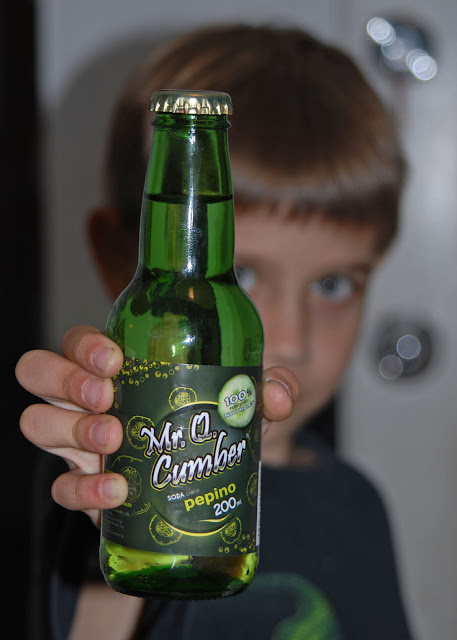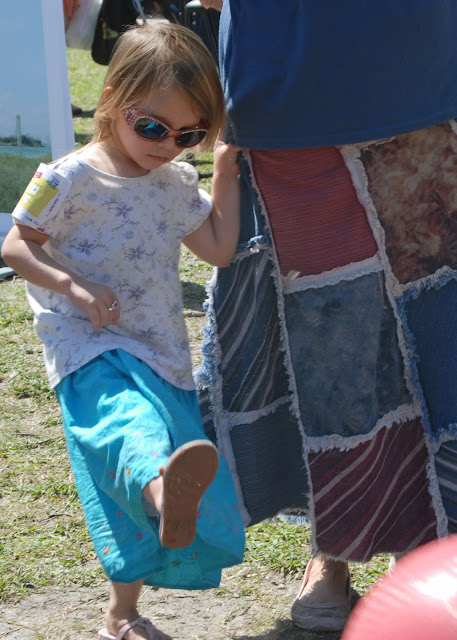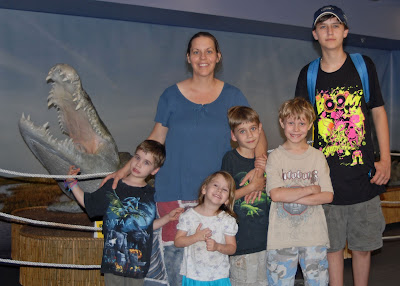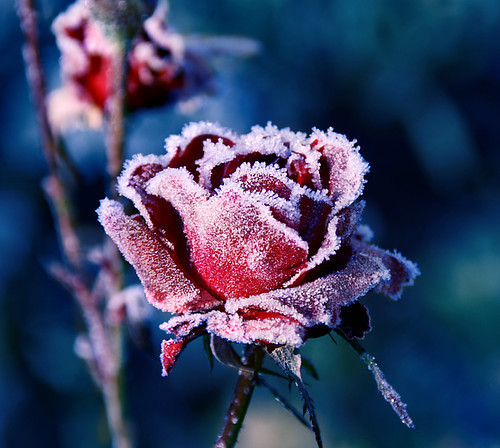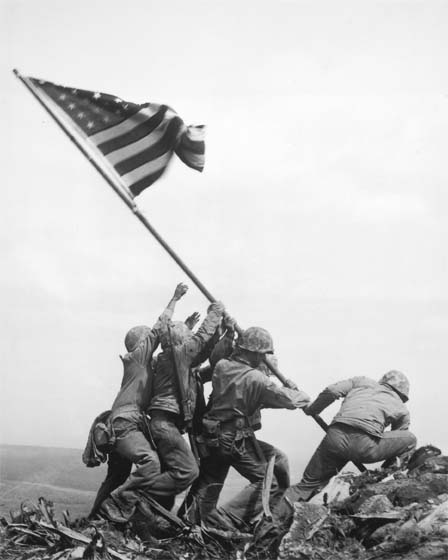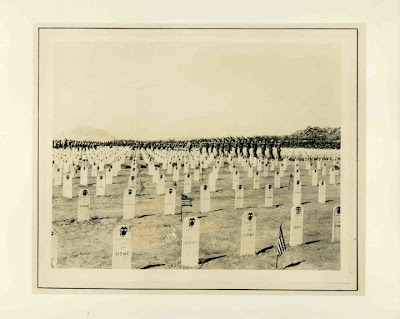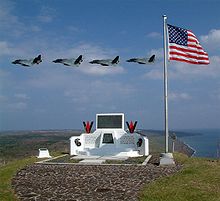28 February 2011
27 February 2011
The Original Mr. Q.Cumber Cucumber Soda Drink
Josiah the Q-Cumber Man
One of the most bizarre drinks we tried was The Original Mr. Q.Cumber Cucumber Soda Drink http://www.globalbeverageenterprises.com/1.html and it was great, I’ll admit it doesn’t sound great but it was. It had a nice flavor and was most refreshing and there is a reason why my post seems like a shameless plug, because it is and they need help spreading the word on this delicious drink.
Cucumber Soda! What! Is this some kind of joke? Nope, it’s made by Global Beverage Enterprises and according to G.B.E, “It’s Absolutely Delicious! Mr. Q. Cumber is America’s first all natural crisp and refreshing drink that taste like you just bit into an ice cold cucumber. This Award Winning beverage is now available in an upscale 7 oz bottle, ideal for restaurants, sushi bars, gourmet bistros and your refrigerator.” Hmm… sounds like it’s really good huh?
The package design is not all that and it’s not even close to the modern style, but those cucumber slices on the label looks pretty fresh. Upon twisting the cap, there’s a strong cucumber scent coming out from the bottle and it’s really close to the real cucumber aroma. I wasn’t expecting the soda to have real or even close to cucumber flavor. What a shock! Well, the color is light green and it’s similar to those young fresh cucumbers that you see in the supermarket. As for the texture, it’s close to those regular soda drinks that you normally drink, but with less carbonation. The first couple sips only tasted the sweetness of the cucumber soda with carbonation and with strong cucumber scent. However, it wasn’t that sweet compares to all the regular soda drinks. As you drink more, you could sense the actual cucumber like taste in the drink and gets stronger as you drink on. It tasted refreshing, light and pleasant. After your mouth processed the drink, there’s some sort of cucumber flesh kind of feeling when you swallow down the drink. Also, there’s a bit of tart taste at the end. The combination of sweet, sour and cucumber, makes it a unique taste that’s actually good. By the way, I didn’t detect any unusual aftertaste.
I love this drink! I think everyone should try it even if you are not into soda drinks. It tasted like a fuzzy crisp cucumber. Also, you can think of it as a sweet cucumber. Now, if you hate cucumber, then obviously this is not for you. Maybe they should come up with an Eggplant flavor, who knows what will happen.
South Beach Wine and Food Festival
Our close friend and mid-wife, Janice was nice enough to give our family tickets to one of the events of the South Beach Wine and Food Festival which was held yesterday at Jungle Island Miami on Watson Island opposite the Port of Miami.
We got to experience the Kohl’s Fun and Fit as a Family event http://www.funandfitasafamily.com/2011/ and boy was it fun. We got to taste all kinds of free food along with seeing many exotic animals and birds including Ligers which is a cross between a lion and a tiger.
It was really a treat for all of us.
Thanks! Janice.
Below photo taken by Joseph
One of the many birds
Free food and drink for all
The kids enjoy some of the events
White Alligators and Turkeys
Enjoying one of the many shows
Impressive looking waterfall that's only two feet high
Real Pink Flamingos
Hank the Crocosaurus (was a 20 foot long 2000 lb. hybrid crocodile that died 2 years ago so they stuffed him.)
Watson Island, Biscayne Bay, MacArthur Causeway
26 February 2011
"First in war, first in peace, and first in the hearts of his countrymen"
George Washington (February 22, 1732 – December 14, 1799) was the dominant military and political leader of the new United States of America from 1775 to 1799. He led the American victory over Britain in the American Revolutionary War as commander in chief of the Continental Army in 1775–1783, and he presided over the writing of the Constitution in 1787. As the unanimous choice to serve as the first President of the United States (1789–1797), he developed the forms and rituals of government that have been used ever since, such as using a cabinet system and delivering an inaugural address. As President, he built a strong, well-financed national government that avoided war, suppressed rebellion and won acceptance among Americans of all types, and Washington is now known as the "Father of his country".
In Colonial Virginia, Washington was born into the provincial gentry in a wealthy, well connected family that owned tobacco plantations using slave labor. He was home schooled by his father and older brother, but both died young, and he became attached to the powerful Fairfax clan, who promoted his career as a surveyor and soldier. Strong, brave, eager for combat and a natural leader, young Washington quickly became a senior officer of the colonial forces, 1754–58, during the first stages of the French and Indian War. Indeed, his rash actions helped precipitate the war. Washington's experience, his military bearing, his leadership of the Patriot cause in Virginia, and his political base in the largest colony made him the obvious choice of the Second Continental Congress in 1775 as commander-in-chief of the Continental Army to fight the British in the American Revolution. He forced the British out of Boston in 1776, but was defeated and nearly captured later that year when he lost New York City. After crossing the Delaware River in the dead of winter, he defeated the enemy in two battles, retook New Jersey, and restored momentum to the Patriot cause. Because of his strategy, Revolutionary forces captured two major British armies at Saratoga in 1777 and Yorktown in 1781. Negotiating with Congress, governors, and French allies, he held together a tenuous army and a fragile nation amid the threats of disintegration and invasion. Historians give the commander in chief high marks for his selection and supervision of his generals, his encouragement of morale, his coordination with the state governors and state militia units, his relations with Congress, and his attention to supplies, logistics, and training. In battle, however, Washington was repeatedly outmaneuvered by British generals with larger armies. Washington is given full credit for the strategies that forced the British evacuation of Boston in 1776 and the surrender at Yorktown in 1781. After victory had been finalized in 1783, Washington resigned rather than seize power, and returned to his plantation at Mount Vernon, proving his opposition to dictatorship and his commitment to republican government.
Washington presided over the Constitutional Convention that drafted the United States Constitution in 1787 because of his dissatisfaction with the weaknesses of Articles of Confederation that had time and again impeded the war effort. Washington became the first President of the United States in 1789. He attempted to bring rival factions together to unify the nation. He supported Alexander Hamilton's programs to pay off all state and national debt, implement an effective tax system, and create a national bank, despite opposition from Thomas Jefferson. Washington proclaimed the U.S. neutral in the wars raging in Europe after 1793. He avoided war with Britain and guaranteed a decade of peace and profitable trade by securing the Jay Treaty in 1795, despite intense opposition from the Jeffersonians. Although never officially joining the Federalist Party, he supported its programs. Washington's "Farewell Address" was an influential primer on republican virtue and a stern warning against partisanship, sectionalism, and involvement in foreign wars.
Washington had a vision of a great and powerful nation that would be built on republican lines using federal power. He sought to use the national government to improve the infrastructure, open the western lands, create a national university, promote commerce, found a capital city (later named Washington, D.C.), reduce regional tensions and promote a spirit of nationalism. "The name of American," he said, must override any local attachments.
[1] At his death, Washington was hailed as "first in war, first in peace, and first in the hearts of his countrymen".[2] The Federalists made him the symbol of their party, but for many years the Jeffersonians continued to distrust his influence and delayed building the Washington Monument. As the leader of the first successful revolution against a colonial empire in world history, Washington became an international icon for liberation and nationalism. His symbolism especially resonated in France and Latin America.[3] Historical scholars consistently rank him as one of the two or three greatest presidents.
From Wikipedia
I have been so busy that I missed two grand milestones of our history this past week, George Washington’s Birthday and the anniversary of the raising of “Old Glory” at Iwo Jima.
History is not something to be taken lightly, it’s sort of a plumb line for our future, and it teaches us about our victories and our mistakes.
If you ignore history you’re bound to repeat.
Victory
Iwo Jima, February 23, 1945
The Battle of Iwo Jima (February 19 – March 26, 1945), or Operation Detachment, was a battle in which the United States fought for and captured the island of Iwo Jima from the Empire of Japan. The U.S. invasion, charged with the mission of capturing the three airfields on Iwo Jima,[2] resulted in some of the fiercest fighting in the Pacific Campaign of World War II.
The Imperial Japanese Army positions on the island were heavily fortified, with a vast network of bunkers, hidden artillery, and 18 km (11 mi) of underground tunnels.[3][4] The Americans were covered by extensive naval and air support, capable of putting an enormous amount of firepower onto the Japanese positions. The battle was the first American attack on the Japanese Home Islands, and the Imperial soldiers defended their positions tenaciously. Iwo Jima was also the only U.S. Marine battle where the American overall casualties exceeded the Japanese,[5] although Japanese combat deaths numbered three times that of Americans. Of the more than 18,000 Japanese soldiers present at the beginning of the battle, only 216 were taken prisoner.[1] The rest were killed or missing and assumed dead.[1] Despite heavy fighting and casualties on both sides, Japanese defeat was assured from the start. The Americans possessed an overwhelming superiority in arms and numbers—this, coupled with the impossibility of Japanese retreat or reinforcement, ensured that there was no plausible scenario in which the United States could have lost the battle.[6]
The battle was immortalized by Joe Rosenthal's photograph of the raising of the U.S. flag on top of the 166 m (545 ft) Mount Suribachi by five Marines and one Navy Corpsman. The photograph records the second flag-raising on the mountain, which took place on the fifth day of the 35-day battle. The picture became the iconic image of the battle and has been heavily reproduced.[7] From Wikipedia.
U.S. flag over Mount Suribachi
The Price of Freedom
Third and Fourth Marine Division cemetery
The memorial on top of Suribachi
23 February 2011
Every couple has a dance
For Judith and I, I would say our dance is the tango … passionate and free moving, structured yet unstructured, always in flux and I guess that’s what keeps us together.
Subscribe to:
Posts (Atom)


